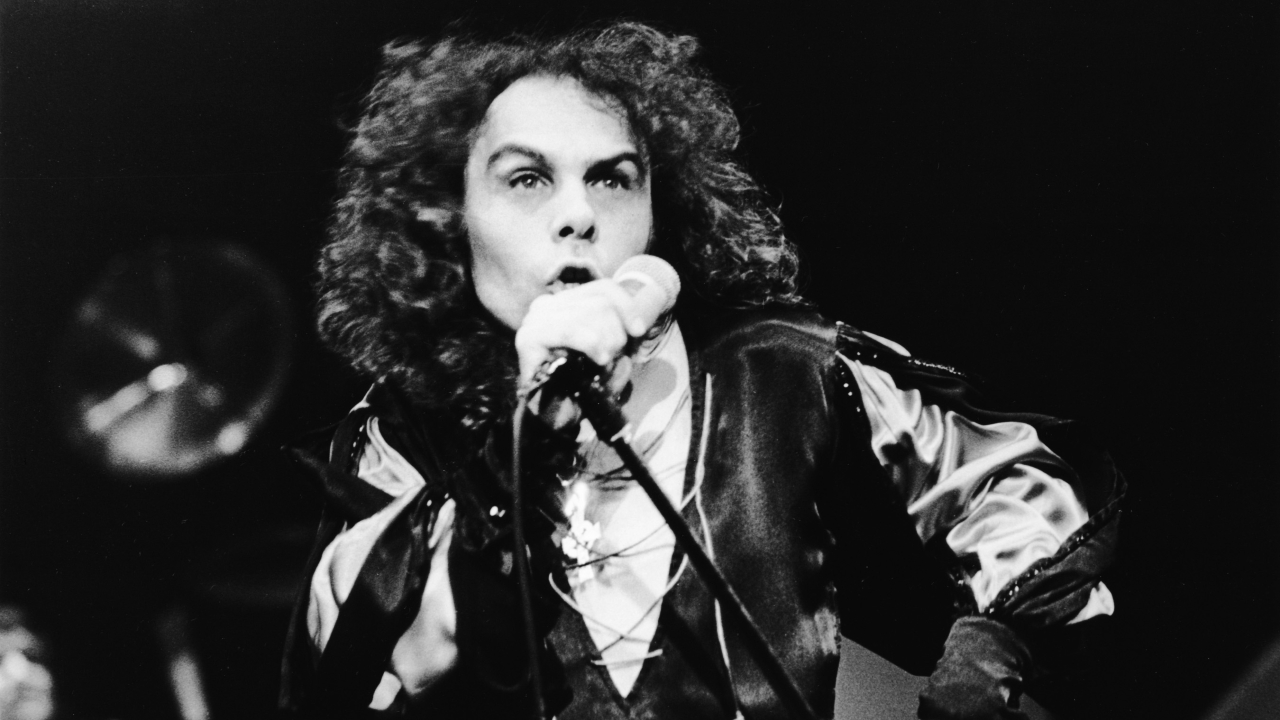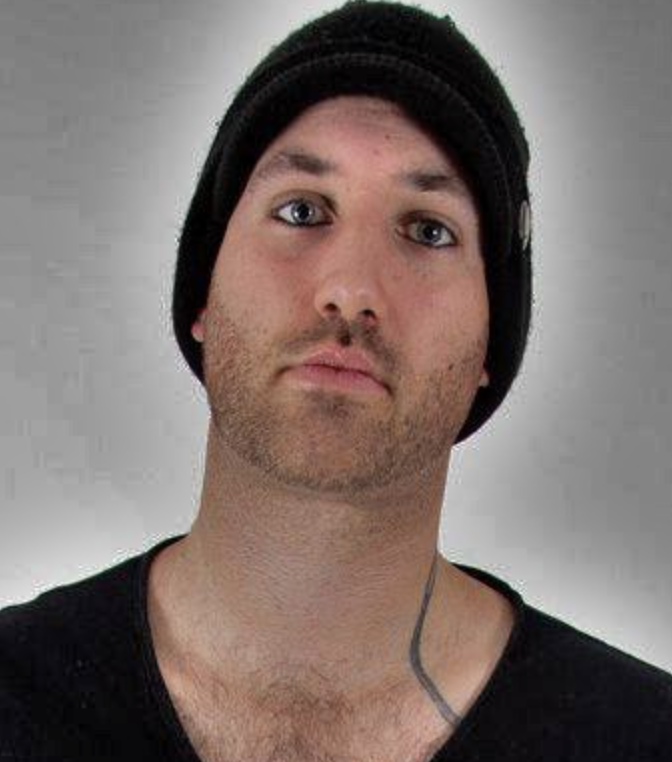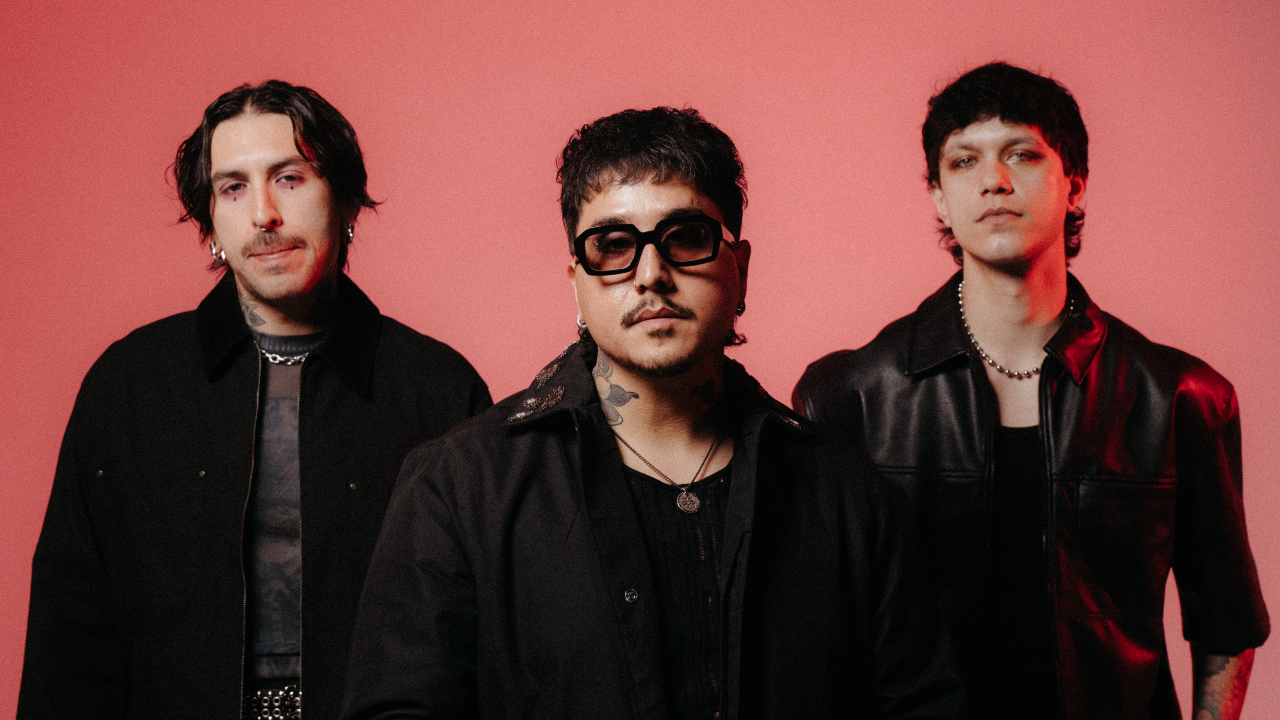“We wore silly hats, but in those days, you did silly things”: Listen to the doo-wop bands Ronnie James Dio sang in before becoming a metal star with Black Sabbath and Rainbow
Before Rainbow, Black Sabbath and Dio, one of heavy metal’s most powerful voices sang in skiffle and doo-wop groups. This is what they sounded like…

Select the newsletters you’d like to receive. Then, add your email to sign up.
You are now subscribed
Your newsletter sign-up was successful
Want to add more newsletters?

Every Friday
Louder
Louder’s weekly newsletter is jam-packed with the team’s personal highlights from the last seven days, including features, breaking news, reviews and tons of juicy exclusives from the world of alternative music.

Every Friday
Classic Rock
The Classic Rock newsletter is an essential read for the discerning rock fan. Every week we bring you the news, reviews and the very best features and interviews from our extensive archive. Written by rock fans for rock fans.

Every Friday
Metal Hammer
For the last four decades Metal Hammer has been the world’s greatest metal magazine. Created by metalheads for metalheads, ‘Hammer takes you behind the scenes, closer to the action, and nearer to the bands that you love the most.

Every Friday
Prog
The Prog newsletter brings you the very best of Prog Magazine and our website, every Friday. We'll deliver you the very latest news from the Prog universe, informative features and archive material from Prog’s impressive vault.
As the former figurehead of Rainbow, Black Sabbath and his decades-spanning solo band, Ronnie James Dio was one of the finest and most identifiable voices in all of heavy metal. In fact, nowadays it’s hard to imagine the inventor of the ‘devil horns’ doing anything else. But – before Elf and everything else – Dio first entered the music world by singing something very, very different…
“I started playing music when I was five,” the late legend told Alternative-Zine in 2005. “I started as a trumpet player, so that was my musical influence as a kid from that particular point, playing classical music… But I didn’t want to carry on as a trumpet player, I was too fascinated by being a bass player and being in a rock ’n’ roll band.”
Back in the late ’50s, a fresh-faced Dio began pursuing his dream as a member of doo-wop band The Vegas Kings. There (known by his birth name, Ronnie Padovana), he played bass. The band would quickly change their name to Ronnie And The Red Caps, which is where Dio got his first chance to flex his astonishing vocal pipes.
“With Vegas Kings we never recorded anything,” Dio continued. “That was too early for us. But in Ronnie And The Redcaps we released the first thing we did, the first thing we wrote. I must have been around 13 or 14.”
Ronnie And The Red Caps put out the single Conquest in 1958, then fronted by original singer Billy De Wolf. It wasn’t until 1960, and after a few changes in the lineup, that the band released the swooning ballad An Angel Is Missing, with the early rock ’n’ roll shuffle of What I’d Say as a b-side. It was on that single that Dio, credited under his now-famous stage name for the first time, handled the vocals.
“That was the band that became Elf,” the frontman said of The Red Caps in 2001. “That was the beginning of it all for me, that’s where you kind of learn what you’re all about and find out that this is what you want to do for the rest of your life. We wore silly hats, but in those days, you did silly things.”
It’s pretty wild to hear Dio singing in such a delicate manner as he does on An Angel Is Missing, but you can feel his unmistakable tone and class nonetheless.
Sign up below to get the latest from Metal Hammer, plus exclusive special offers, direct to your inbox!
The band’s name was later changed again, with The Red Caps moniker swapped out for Ronnie Dio And The Prophets. The band released a series of singles, including a jiving cover of R&B singer Jessie Hill’s hit Ooh Pah Pah Doo, later made famous by Ike and Tina Turner, for Atlantic Records in 1962.
David Felstein, who Dio would later invite to play guitar in the initial lineup of Elf, described Ronnie Dio And The Prophets as “the best band around” the local scene at the time.
Ronnie Dio And The Prophets would play their brand of skiffle, R&B and early rock ’n’ roll until evolving into Elf in 1967. It was in that collective that Dio would truly find his voice as one of heavy metal’s greatest-ever vocalists.
But still, during those early years, Dio showed a very different side to himself, proving his class was always there and that there were no boundaries to his vocal prowess. Frankly, the man could do it all. What a legend.

Stephen joined the Louder team as a co-host of the Metal Hammer Podcast in late 2011, eventually becoming a regular contributor to the magazine. He has since written hundreds of articles for Metal Hammer, Classic Rock and Louder, specialising in punk, hardcore and 90s metal. He also presents the Trve. Cvlt. Pop! podcast with Gaz Jones and makes regular appearances on the Bangers And Most podcast.

